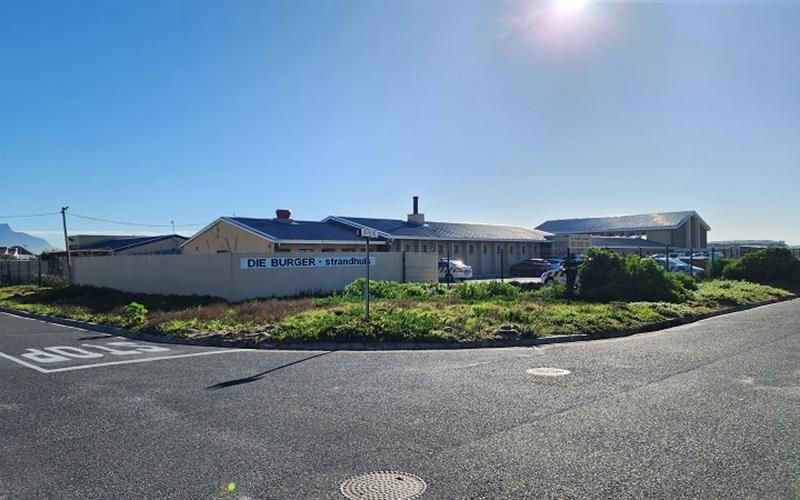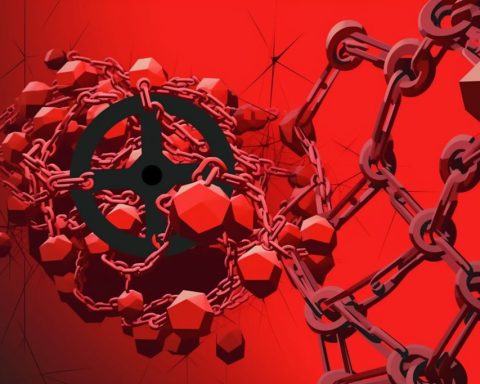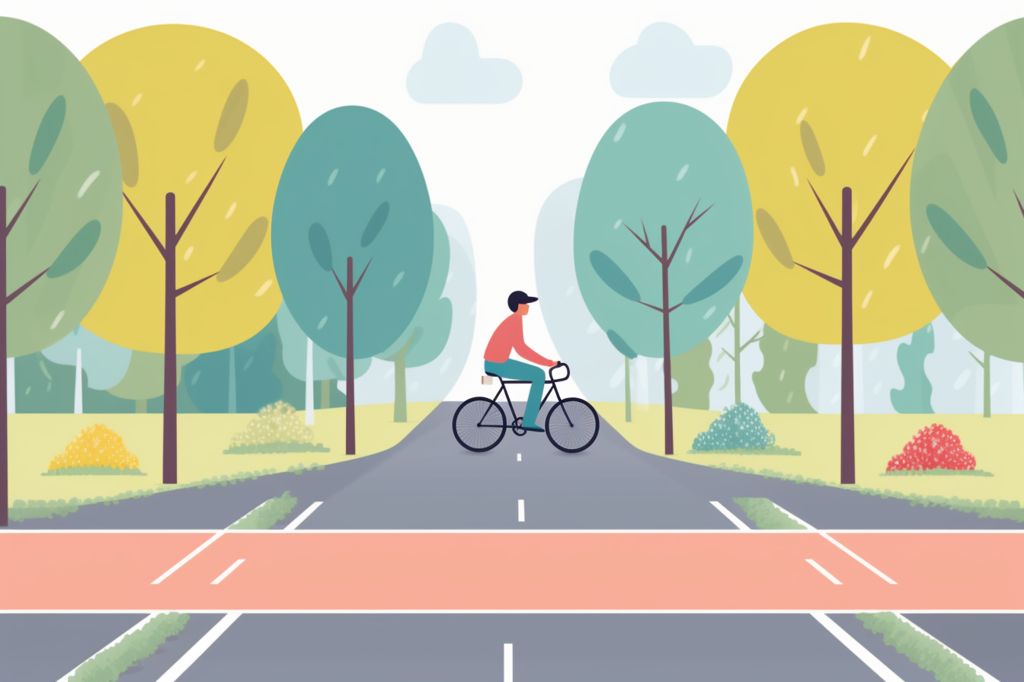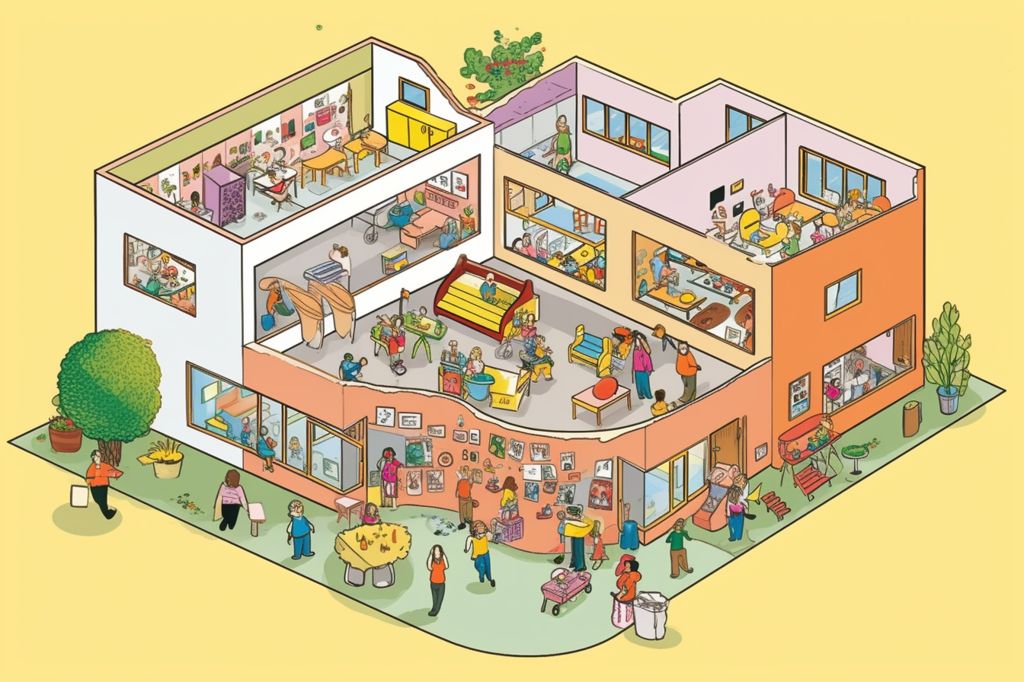In the last 15 years, the Metro Police Safety and Security Training Academy has emerged as a critical institution in the security and safety training field. The academy’s ever-growing range of training programs has demonstrated its flexibility and ability to adapt to the changing needs of the Safety and Security Directorate. Through significant investments in resources and training content, the Academy has made great strides since its inception in 2008.
Expanding Training Offerings
Initially, the academy’s focus was on tactical skills and general peace officer training. Over time, the academy has expanded its horizon to include personal fitness, computer skills, and most recently, soft skills training. This comprehensive approach caters not only to permanent staff but also to the many volunteers who play a vital role in the City’s three enforcement services.
A Demand for Training
The academy’s expansion has been driven by a significant demand for training. This year alone, the academy has added 16 new facilitators, bringing the total number of facilitators to 46. These facilitators specialize in various training modules, including Peace Officer and Traffic Warden training, Crime Scene Management, By-Law training, and firearm and tactical training. Every year, thousands of staff members undergo both basic and refresher training to ensure they are well-equipped to address diverse situations and challenges.
Expanding Physical Infrastructure
The academy’s growth has not only been in the types of training offered but also in physical infrastructure. From a single-campus facility in Observatory, the academy has grown into a network of satellite campuses, with locations in Lakeside, Tokai, Muizenberg, Ndabeni, and Philippi. Over the next three years, nearly R70 million has been allocated to further improve the academy’s facilities.
Renovating the Muizenberg Site
Particularly noteworthy are the plans to transform the Muizenberg site into the central campus. The significant renovation will include additional lecture rooms, an auditorium, office space, a gymnasium, an indoor shooting range, sleeping quarters, a cafeteria, and an archiving and portfolio room that meets the requirements of an accredited educational institution.
Proven Results in the Real World
The academy’s impact has been evident in several real-world instances. For example, when Metro Police officers were faced with a sensitive sexual assault case in Heideveld, they exhibited remarkable professionalism and empathy, providing necessary medical intervention and making arrests in connection with the incident. According to Mayoral Committee Member for Safety and Security Alderman JP Smith, “Emotional intelligence is the key” in handling such situations, making it all the more vital for enforcement services staff to receive comprehensive training.
A Testament to Dedication
The ongoing growth and evolution of the Metro Police Safety and Security Training Academy are a testament to its dedication to staff development and public safety. The institution has consistently delivered results, overcoming obstacles and working toward its ambitious expansion plans. With these developments slowly turning into reality, the academy is poised to continue making a significant impact in the world of safety and security training for years to come.











